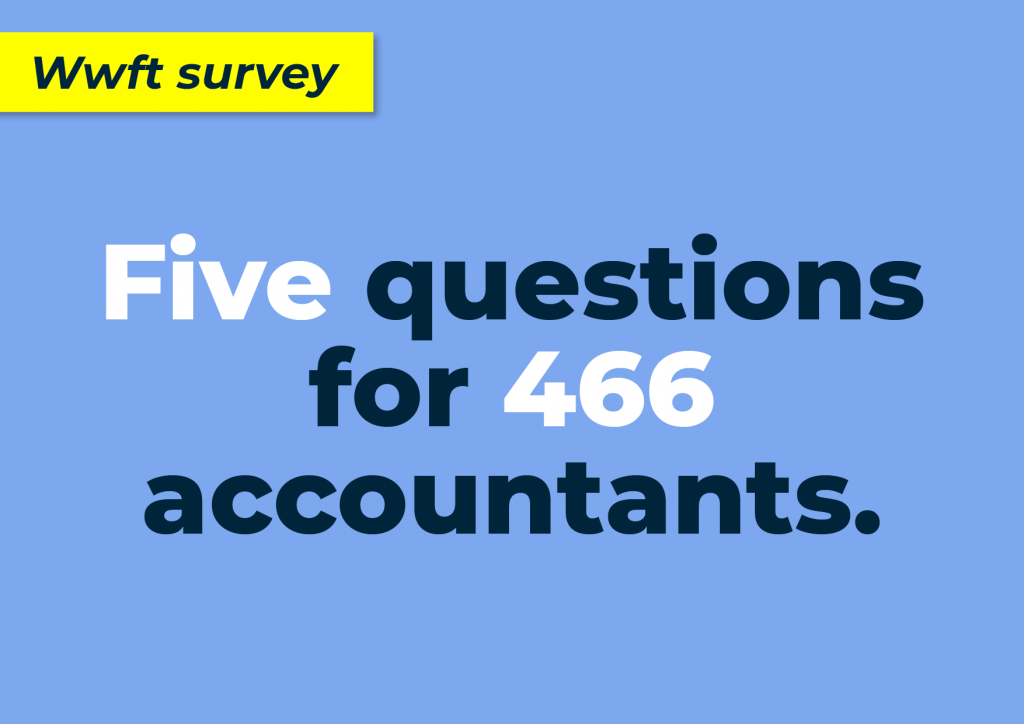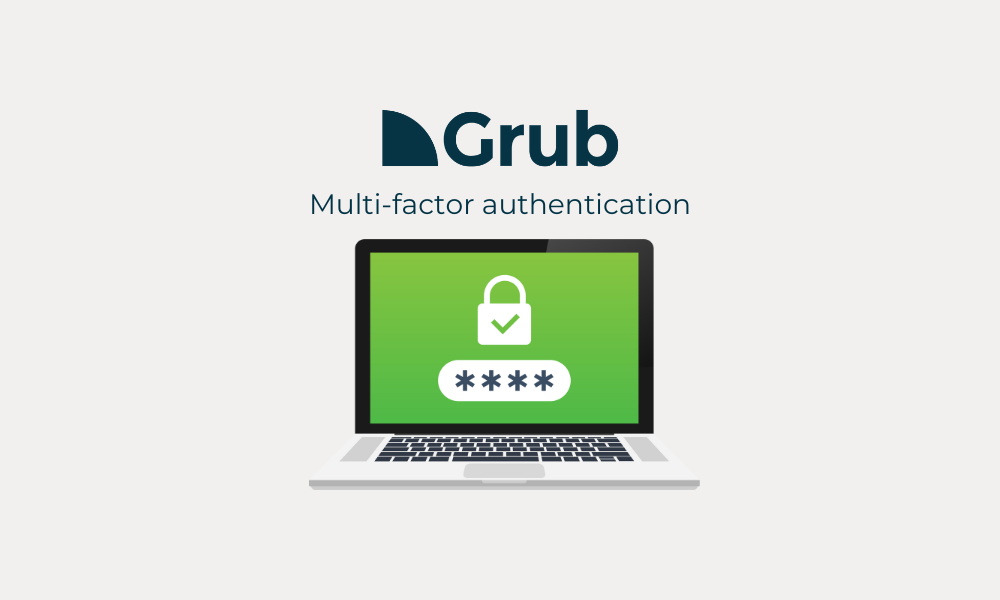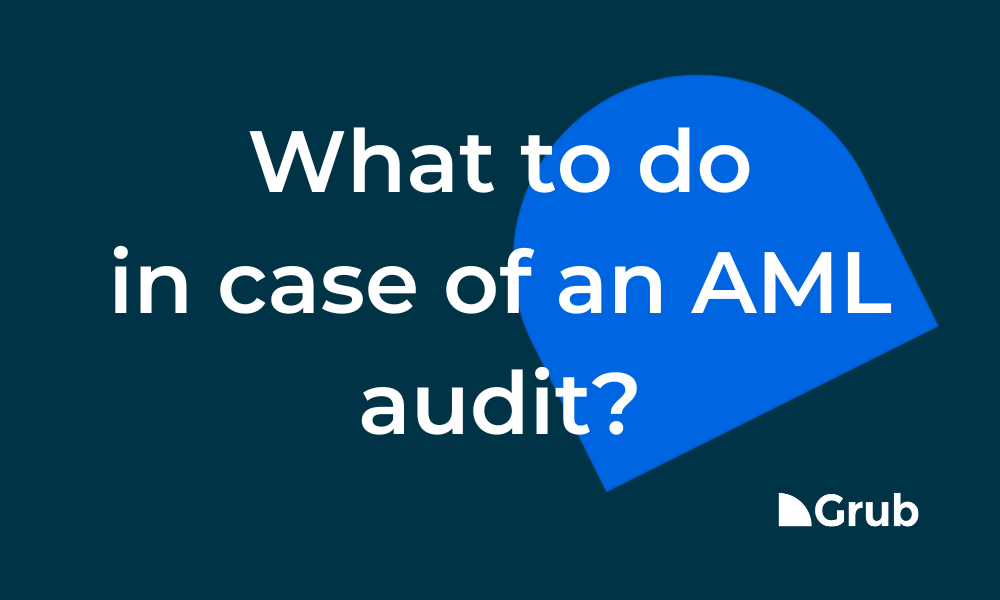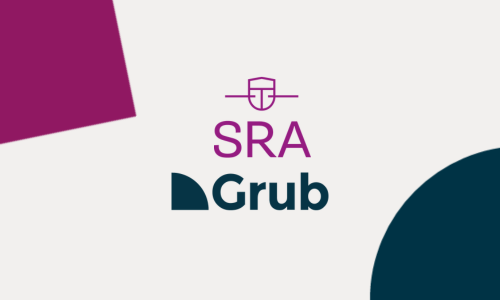First some background: the Wwft is the Dutch translation of the European Anti Money Laundering Directive. This Directive explains to the member states how to set up Anti Money Laundering legislation. The update mid-2018, effective from January 2019, comes from the 4eAML Directive. The 6th AML Directive has been ready for some time and will be implemented in our country next year. In short, the Wwft is everywhere. And the guidelines become stricter with each new Directive. But are accountants sufficiently aware of this?
Source of information
The first question we therefore asked the 466 accountants was: “How do you get your information about the Wwft?” 38% mentioned their own sector association as the most important source of information, the AFM said 34%, and 28% indicated mainly to reports from watch the BFT.
Social problem, but …
We then asked whether the accountants perceive money laundering as a social problem. As many as 78% see it as a major problem. In previously posted articles on this website, interviewed accountants also saw the seriousness of money laundering. And, for example, Pascale Petiet (director of OAMKB Tribe) went into detail in this webinar on her experience with crime in relation to accountancy.
… not in order under the Wwft, because …
But although a large majority see the seriousness of the problem, only 16% say they have the Wwft in order.
… Knowledge is lacking
69% of the respondents say they have insufficient knowledge about the WWft and do not know where to start to get it right. If we continue to ask questions about aspects of the Wwft, it appears that many accountants lack knowledge. Take something as simple as a copy ID: 98% know that you have to save it, but only 17% know that the BSN must be protected.
Reputational damage
Many accountants therefore feel that they are inadequate, do not know how and where to start with the Wwft, and at the same time feel the underlying danger: 58% of the respondents are afraid of damage to their reputation because they do not have the Wwft in order; 38% are afraid of fines from the BFT and only 5% are not concerned.
The solution
Many accountants do see the need for the Wwft, also see the need to contribute to it themselves, but are not sure how. It is precisely the reason that ComplianceWise has developed Grub: it is the only WWft application in the Netherlands that makes you 100% Wwft compliant. And also very simple. Robert van Doorn of Sanacount Business and Tax Advisers (winner of the Exact Awards 2020), says: “Grub has ensured that we can meet all our WWFT obligations, centralized in one complete, user-friendly and efficient tool. It is both complete and it saves a lot of time. ” (read entire article here).
Experience Grub Yourself: Free Trial
Want to experience Grub. Try it for free now. Experience how you can create a client file with just a few clicks, how you can immediately get an automatic visualization of the UBO structure (including country and sector risks), how you automatically check for PEPs and sanctions, and how to easily draw up a risk profile (in accordance with the BFT standards). In short: how you can easily comply with the Wwft from now on. You can request a Free Trial here.

